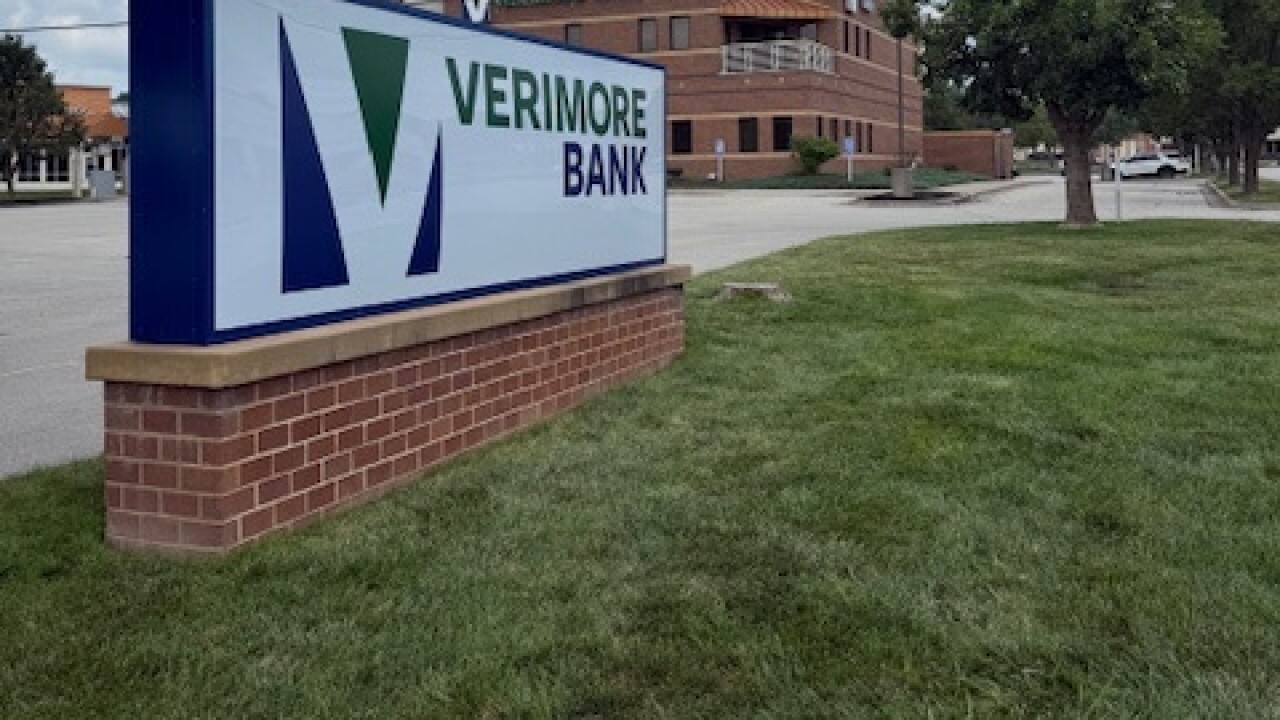WASHINGTON - Regulators announced separate enforcement actions against two community banks on Monday.
First Southern Bank, a subsidiary of First Southern Bancshares Inc. of Florence, Ala., has agreed to a consent order with the Federal Deposit Insurance Corp. and the Alabama State Banking Department.
The order was announced Monday and takes effect March 25. Among other things, it requires that First Southern beef up capital, unload problem loans, and improve management.
The banking company admitted no wrongdoing, the order said.
It requires First Southern to increase its Tier 1 capital to 5% in two months and 7% with four months. The company reported Tier 1 capital of 3.66% as of Dec. 31, and a $1 million loan to the company some board members raised the figure to 4.60%.
The order also requires that First Southern reduce the level of "substandard" and "doubtful" assets to a maximum of $20 million by Aug. 31, and not more than $6 million by Aug. 31, 2003. It is unclear what the level is now, and a phone call to First Southern was not returned.
In a press release, First Southern said that "although the bank cannot assure its compliance with all of the requirements of the order within the prescribed time frames, the bank believes it has satisfied some of the requirements and continues to seek compliance with the remaining requirements."
First Southern, which has assets of $186 million, must provide the two regulators with periodical updates on the compliance.
The bank currently has no chief financial officer. The order said one must be hired within three months.
Separately, in a court filing Monday, the Office of the Comptroller of the Currency charged People's National Bank in Paris, Tex., with operating an illegal and risky payday lending business.
The OCC said in a statement that People's "had allowed its payday-lending program to grow too quickly and beyond prudent limits" and that the bank was "unwilling or unable" to properly manage the program and had failed to classify delinquent loans.
The agency cited underwriting problems, inadequate capital, and a failure to ensure that crucial third-party vendors had sound contingency plans.
In the filing, the OCC asked an administrative law judge to determine whether an order should be issued directing People's to cease and desist from these practices. The bank was given 20 days to respond to the charges.





